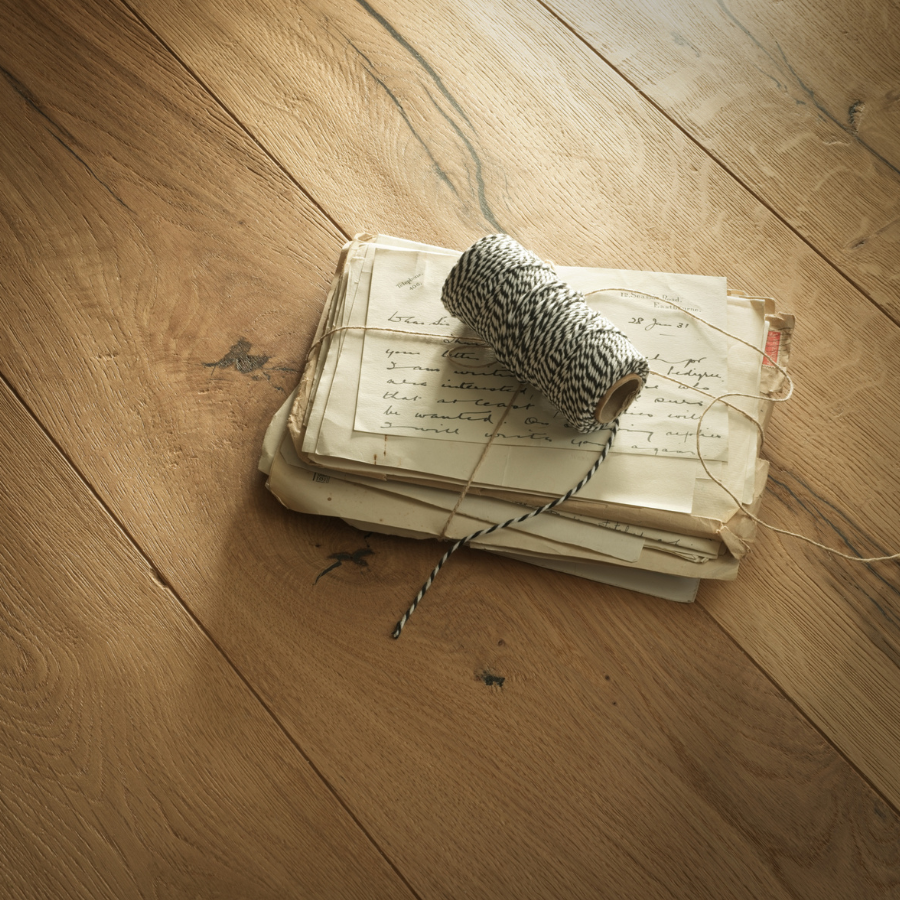Can You Have An Engineered Wood Floor In The Kitchen?
The kitchen. It's the bustling heart of the home, a place where culinary creations come to life, families gather, and memories are made. It's also a space prone to spills, splashes, and the general wear and tear of daily life. So, when considering flooring options for this high-traffic area, durability and practicality are paramount. This often leads to the question: can you have engineered wood flooring in the kitchen?
The short answer is a resounding yes, but with a few important caveats. Engineered wood flooring has evolved significantly, offering a compelling alternative to solid hardwood in many areas of the home, including the kitchen. Let's delve into why this is the case and what you need to consider before making the leap.
Engineered wood vs. solid wood
Unlike solid hardwood, which is a single piece of timber, engineered wood flooring is constructed from multiple layers. The top layer, known as the veneer, is always a hardwood species, providing the same natural beauty and warmth as solid wood. Beneath this lies a core typically made of plywood or high-density fibreboard (HDF), bonded together in a cross-layered structure. All of our floors at Knot & Grain use oak on top of a premium eucalyptus core. This construction provides significant stability, meaning that engineered wood won't expand or contract in fluctuating levels of humidity and temperature – a common concern in kitchens.
This inherent stability is a major advantage in a kitchen environment where steam from cooking and occasional spills are inevitable. Solid hardwood can warp, cup, or gap when exposed to excessive moisture, whereas engineered wood is far more resilient.

Kitchen features: The Pristine Plank in colour "Hay Bale"
Resilience
Furthermore, the durability of engineered wood flooring has improved considerably. Many modern options come with robust finishes that offer excellent resistance to scratches, stains, and everyday wear. This protective layer can withstand the hustle and bustle of a busy kitchen, making it a practical choice for families. At Knot & Grain we offer an oil or a lacquer finish option across all of our floors. You can read about the difference here.
Points to consider
However, it's crucial to understand that not all engineered wood flooring is created equal when it comes to kitchen use. Here are some key factors to consider:
- Quality of the Top Veneer: A thicker veneer generally means the floor can withstand more sanding and refinishing in the future, extending its lifespan. Look for veneers that are at least 3mm thick for a kitchen environment.
- Core Material: A high-quality plywood core offers better moisture resistance and stability compared to lower-grade options.
- Finish: Opt for a strong, multi-layered finish specifically designed for durability and water resistance. Polyurethane finishes are a popular choice for their resilience.
- Installation: Proper installation is paramount, especially in moisture-prone areas. A glue-down installation is often recommended for kitchens as it creates a more secure and water-resistant barrier compared to a floating floor. Ensure a tight seal around the perimeter and any fixtures.
- Maintenance: While engineered wood is more resistant to moisture than solid hardwood, it's still not entirely waterproof. Promptly wiping up spills is essential. Regular sweeping and occasional damp (never wet!) mopping with a pH-neutral cleaner designed for wood floors will help maintain its beauty. Avoid excessive water and steam.
A floor for life
Choosing engineered wood flooring for your kitchen offers a beautiful and practical solution, blending the natural elegance of real wood with enhanced stability and durability. By carefully considering the quality of the materials, the type of finish, and ensuring proper installation and maintenance, you can enjoy the warmth and character of wood underfoot in the heart of your home for years to come. Don't be afraid to bring the beauty of engineered wood into your kitchen – just be sure to choose wisely. When properly maintained, engineered wood in the kitchen can last for a lifetime!



